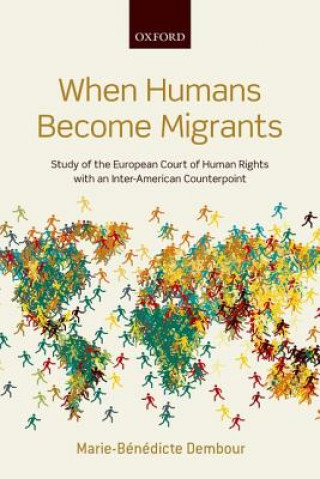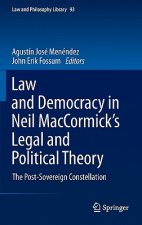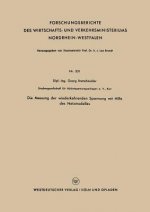
Dostawa
Doradca ds. zakupów
16 114 193 książek w 175 językach







Pokaż wszystkie języki (175)





Jednak się nie przyda? Nic nie szkodzi! U nas możesz zwrócić towar do 30 dni
 Bon prezentowy
O dowolnej wartości
Bon prezentowy
O dowolnej wartości
Bon prezentowy to zawsze dobry pomysł. Obdarowany może za bon prezentowy wybrać cokolwiek z naszej oferty.
When Humans Become Migrants
 Angielski
Angielski
 224 b
224 b
30 dni na zwrot towaru
Mogłoby Cię także zainteresować


Tthe treatment of migrants is one of the most challenging issues that human rights, as a political philosophy, faces today. It has increasingly become a contentious issue for many governments and international organizations around the world. The controversies surrounding immigration can lead to practices at odds with the ethical message embodied in the concept of human rights, and the notion of 'migrants' as a group which should be treated in a distinct manner. This book examines the way in which two institutions tasked with ensuring the protection of human rights, the European Court of Human Rights and Inter-American Court of Human Rights, treat claims lodged by migrants. It combines legal, sociological, and historical analysis to show that the two courts were the product of different backgrounds, which led to differing attitudes towards migrants in their founding texts, and that these differences were reinforced in their developing case law. The book assesses the case law of both courts in detail to argue that they approach migrant cases from fundamentally different perspectives. It asserts that the European Court of Human Rights treats migrants first as aliens, and then, but only as a second step in its reasoning, as human beings. By contrast, the Inter-American Court of Human Rights approaches migrants first as human beings, and secondly as foreigners (if they are). Dembour argues therefore that the Inter-American Court of Human Rights takes a fundamentally more human rights-driven approach to this issue. The book shows how these trends formed at the courts, and assesses whether their approaches have changed over time. It also assesses in detail the issue of the detention of irregular migrants. Ultimately it analyses whether the divergence in the case law of the two courts is likely to continue, or whether they could potentially adopt a more unified practice.
Informacje o książce
 Angielski
Angielski
Kategoria




 Jak kupować
Jak kupować




















